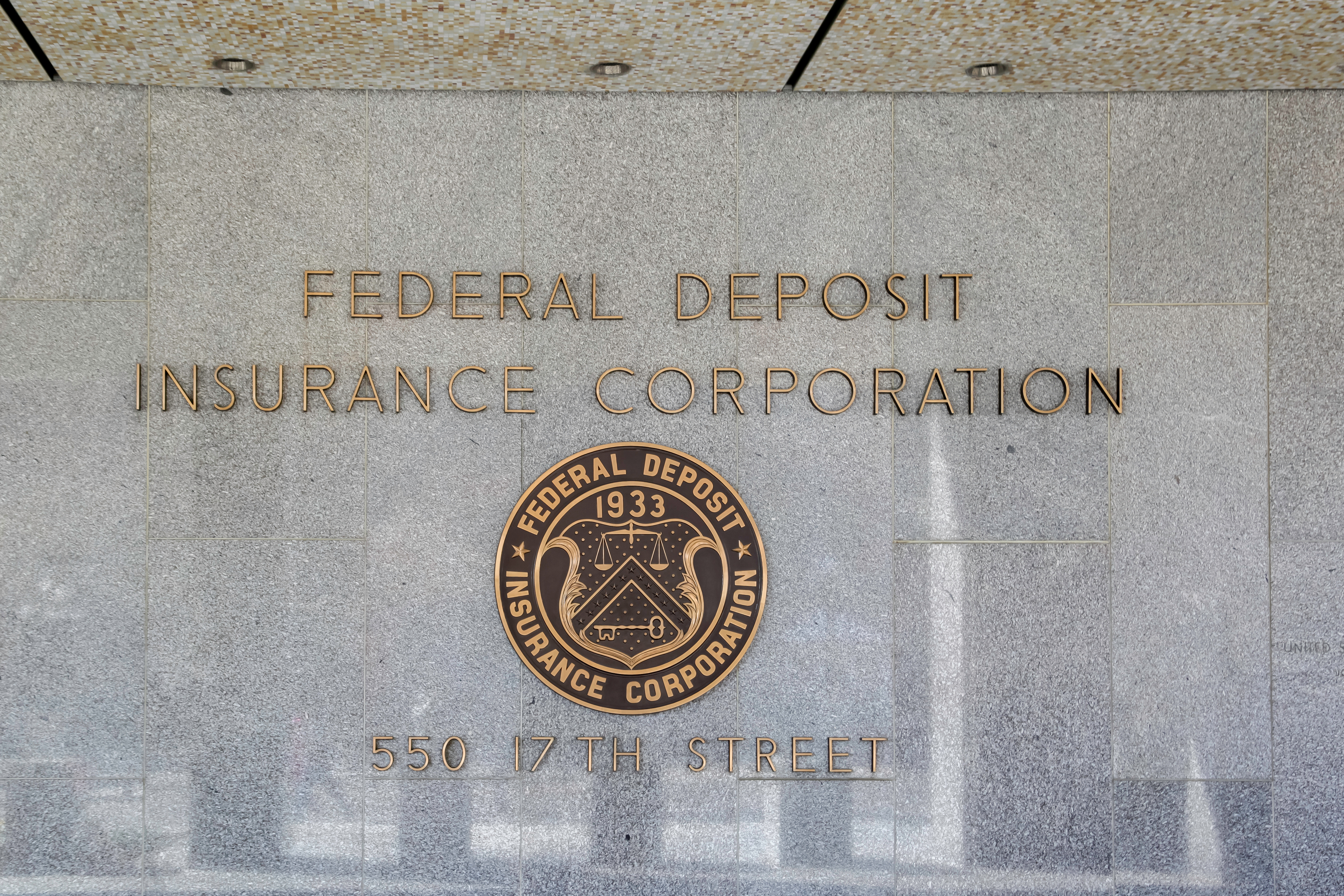Following the collapse of the Silicon Valley Bank in 2023 and Synapse Banking Technologies’ declaration of bankruptcy in April 2024, it’s been a difficult few years for many in the financial services sector.
What’s telling, however, is that many such events are entirely preventable, with most coming down to regulatory lapses and mismanagement of partnerships between banks and their third party vendors – fintechs included.
In light of these failures, the US Federal Deposit Insurance Corporation (FDIC) has vowed to tighten monitoring of fintechs and their partnerships to mitigate the vulnerabilities that stem from these collaborations.
What does this mean for fintechs?
Trust and transparency have always been the deciding factors of whether or not a customer remains with a particular financial institution. Customers are now readier than ever to withdraw their deposits if there’s any indication of insolvency or mishandling of their finances. For the most part, banks are well aware of this, but the same can’t necessarily be said of their fintech partners – or at least that appears to be the FDIC’s view.
Due to increased regulatory scrutiny, fintechs will now face more rigorous demands to ensure compliance with broader banking regulations, such as anti-money laundering (ALM) and know your customer (KYC) checks. In other words, they will share the same responsibility to monitor and secure their transactions as financial services companies themselves have.
For fintechs, this isn’t just a matter of staying on the right side of the law – it’s also a matter of maintaining investor and partner confidence. Considering the FDIC’s oversight, many banks will likely reassess their fintech partnerships to mitigate their own regulatory risk while restoring consumer confidence. Ultimately, the regulatory shift will result in the market favoring fintechs with the most robust compliance frameworks.
How can fintechs navigate regulatory change?
There was a time when fintechs focused largely on technological innovation and left regulatory compliance to the financial institutions, but that time is over. To stay relevant, fintechs must start thinking more like financial services organizations by strengthening compliance programs and ensuring transparency with regular audits and ongoing employee training.
The fintech sector has long prided itself on offering convenient and flexible ways for customers to manage their finances. Of course, that’s still important, but given the widespread trust deficit in the industry, it’s essential that fintechs – especially startups – take every reasonable step to legitimize themselves by establishing strong banking partnerships and clear communication with their customers.
.png?width=1816&height=566&name=brandmark-design%20(83).png)



